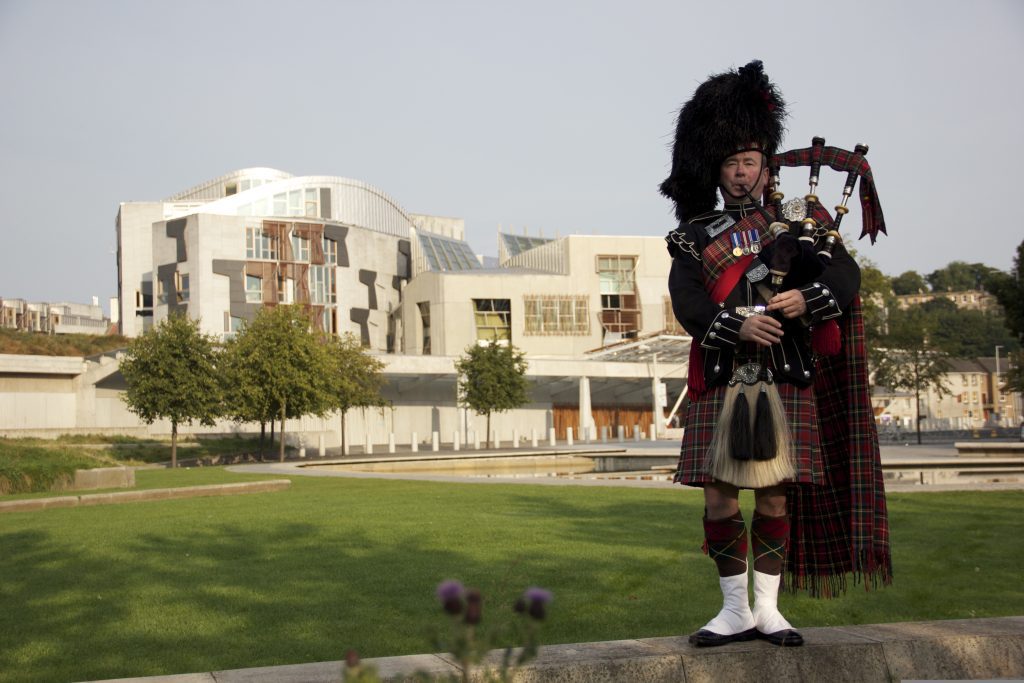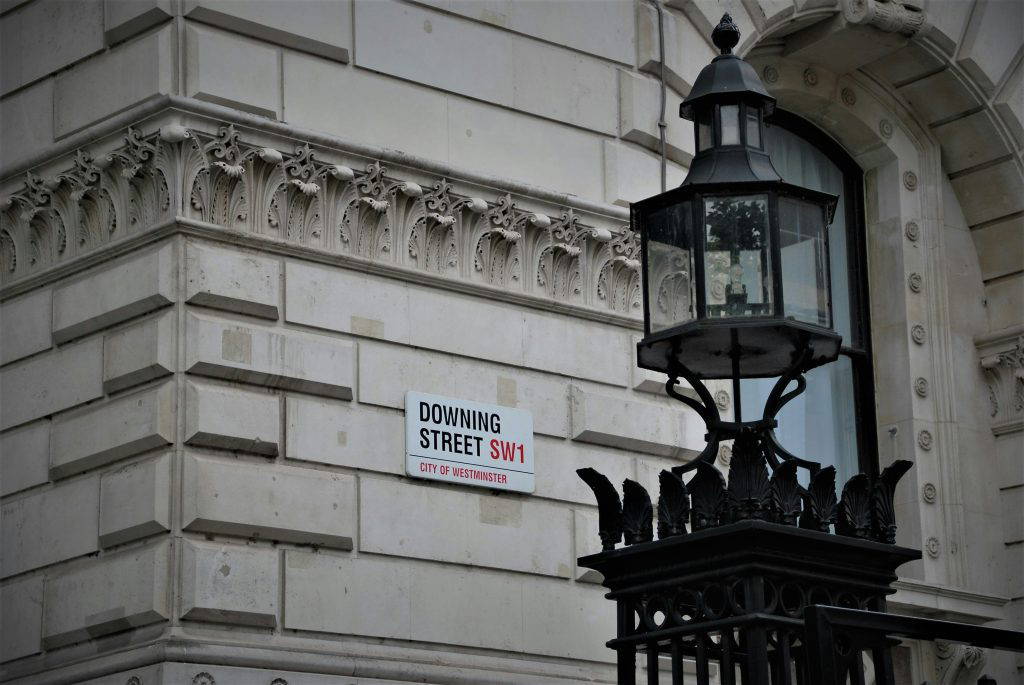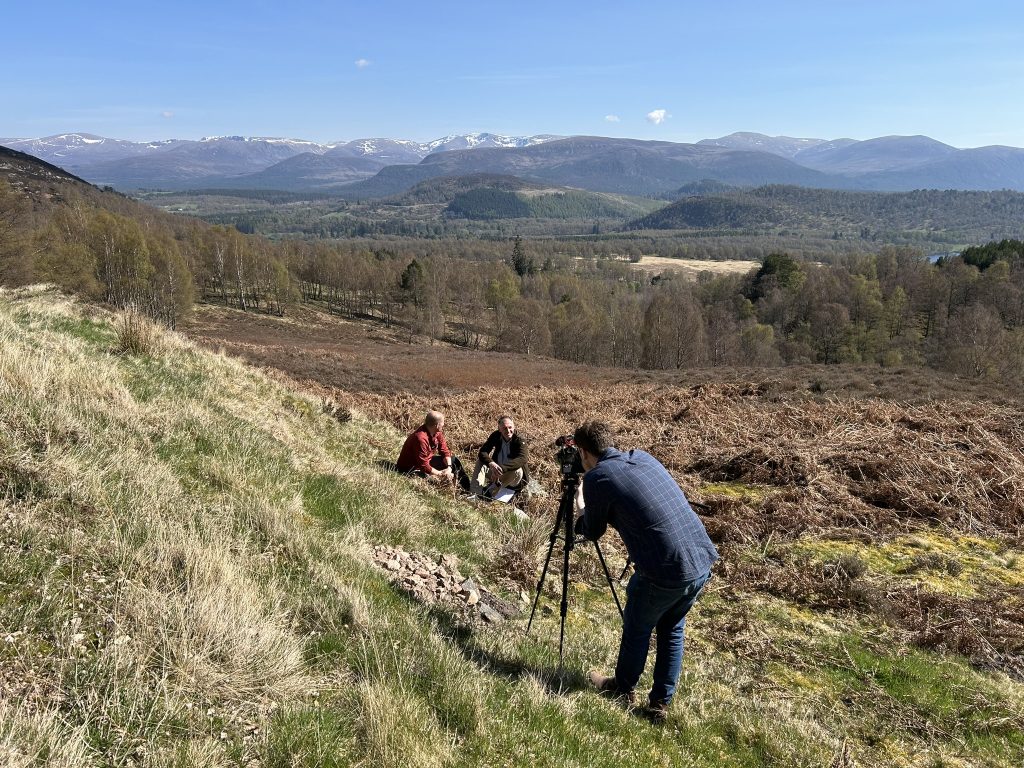However, the most surprising revelation was from Conservative Sir Philip Davies, who placed an £8,000 bet on losing his seat at the general election. At the election, Labour’s Anna Dixon took the constituency from Sir Philip with a majority of 8,603. He went on to describe himself as “bitterly disappointed” he lost the seat and, on the subject of his infamous bet, said: “My modest winnings from that are of no consolation at all.”
Now, I don’t know what odds Sir Philip got on his reelection campaign prospects, but even if they weren’t outstanding, I can’t imagine the majority of his erstwhile constituents would regard the winnings from an £8,000 bet as being “modest”.
Will the 2024 general election gambling scandals be remembered in the collective memory? Against the backdrop of an extraordinary campaign that saw so many Labour gains and Conservative losses, it’s hard to see that this particular tale will stand the test of time. Former Prime Minister Liz Truss losing her seat in spectacular fashion has been dubbed the Portillo moment of 2024, and it’s hard right now to see anything trumping that result in the too-cringy-to-watch stakes.
Talking of stakes, that leads us back to the original focus of this article: my own political betting and the relative lack of success arising from it.
In case you’re wondering, no, I have never wagered £8,000 on a bet. In fact, the most I have ever placed on a political bet is a much more modest £5. So while my winnings have not been spectacular, my losses are pretty manageable as well.
Back in 2019, I thought the Scottish Conservatives might hold more seats at the general election that year than was commonly supposed. So I placed a £5 bet on three seats to remain in blue team hands. Unfortunately – for me at least – a strong SNP campaign led by the (then) unassailable leader Nicola Sturgeon meant her party regained most if not all the seats they had lost in 2017. So any hopes I had of a profitable return went the same way as Nicola’s dreams of holding a second independence referendum. However, it wasn’t all bad as a random bet I had placed on the Conservatives winning a specific Welsh constituency (long story…) came good and cancelled out at least some of the Scottish losses.
My next foray into the betting market was also linked to Nicola Sturgeon, but on this occasion, it was when she stood down as First Minister. For reasons that were unexpected at the time but have since become clear, many of the initial front-runners ruled themselves out, leaving the pitch for others. A tweet from a fellow political anorak stating that odds of 10/1 were available on then-outsider Humza Yousaf caught my eye. I managed to get there just in time to place a bet before the odds shortened. I was always pretty confident my man would win, but it did seem that his rival Kate Forbes was doing well during the leadership campaign, so I also placed a small bet on her.
While Humza Yousaf might have been judged to have failed in his mission as First Minister to make Scots families better off, he certainly had that effect on me. His victory in the race to be SNP leader resulted in my largest payout to date. So while he might look back on his time in high office with some regrets, there is a small part of south Edinburgh that will forever look back on his elevation to be First Minister with some fondness.
With this success, I was looking forward to the General Election with some confidence. Since the combined effects of Partygate and the infamous ‘mini-budget’, Labour was riding high in the polls with an almost unassailable lead. This success was mirrored in Scotland, where the SNP saw their once seemingly unstoppable political bandwagon halted in its tracks like a campervan suddenly out of fuel.
The problem for those of us wanting to place bets on Labour victories was getting reasonably good odds with potentially decent returns. Some polling indicated Labour was on course to regain Conservative seats in the south of Scotland and also get back Aberdeen South, a seat which famously mirrors the national trend north of the border. So that was where my money went, and I sat back and waited on the results.
When the exit poll landed and dire results were expected for the SNP, many of their activists must have been devastated. I thought the majority of Scottish polls were broadly correct, and was quietly confident that my betting at GE2024 would be more Humza Yousaf than Nicola Sturgeon. However, my hopes, along with Labour candidates in Aberdeen and Dumfriesshire, were cruelly dashed. My results from the general election mirrored those of Alex Salmond’s Alba Party – I lost all my deposits.
So what’s the lesson from this last set of results? Polling is broadly accurate, but local issues can make a real difference. In the south of Scotland, the Unionist vote seems to coalesce around Conservatives in a way that it doesn’t in other parts of the country. In Aberdeen, my guess is that Labour’s pro-environmental stance on oil and gas – confirmed by new Net Zero Secretary Ed Miliband’s actions since he took office – hurt them badly. Labour might be looking at their policies in this area closely as they want to inflict similar damage on the SNP at the 2026 Holyrood elections, and any weakness in their policy position will hamper that.
Before the election, PA Cooperative made its own predictions about the election results, and these have been broadly on track with what the electorate delivered. So come to us for advice on political engagement – and not political betting. Your wallet will thank you for it.






